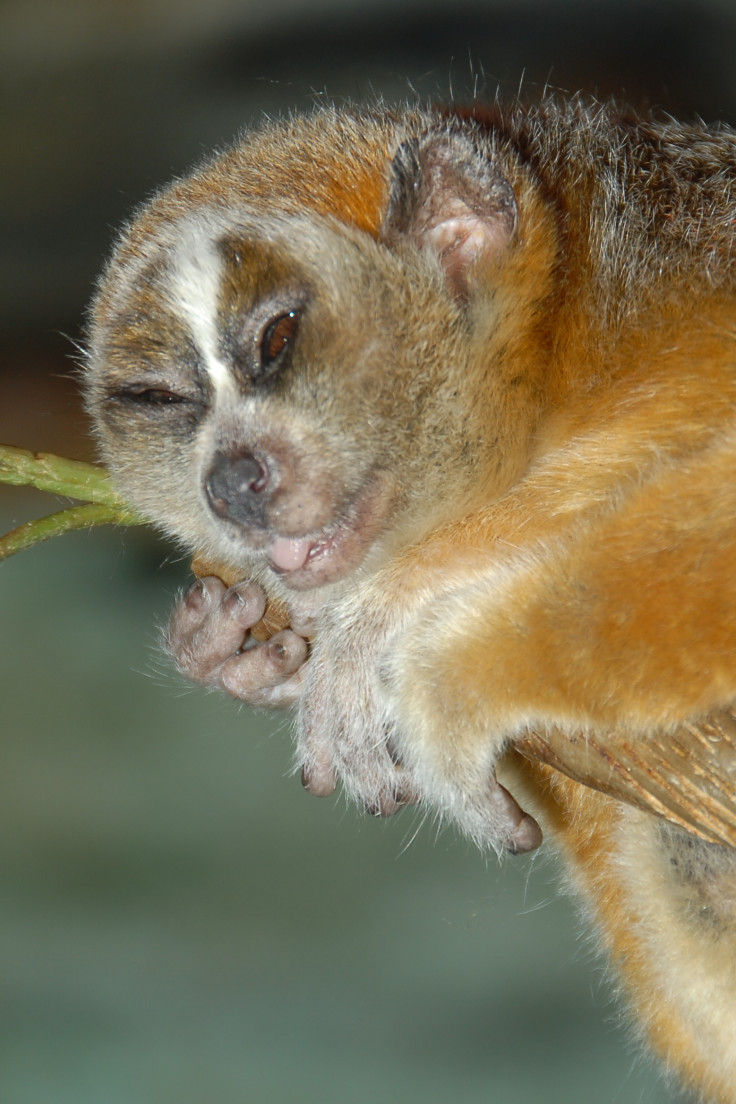Slow home, Loris - you're drunk
Primate adaptation for metabolising alcohol appears to have served an evolutionary purpose.

Slow lorises and aye-ayes are attracted to booze and show a preference for drinks with stronger alcohol content, scientists have discovered. In feeding experiments, the two species were found to consistently pick the solution with the highest alcohol content – a finding that could shed light on human evolution.
Some primates, including humans and aye-ayes, have a genetic mutation that allows them to metabolise alcohol very efficiently. This allows primates to eat fruit that has fallen from trees and fermented. It is thought that this provided an evolutionary advantage, because it means alcohol can provide an extra source of calories.
In the wild, slow lorises and aye-ayes eat fermented fruits with alcohol content of around 0.6%. However, it is not known whether the alcohol in these fruits is merely tolerated – allowing them to eat the fruit – or if they actually seek out the booze.
In a study published in the Royal Society journal Open Science, scientists from Dartmouth College in New Hampshire presented a slow loris and two aye-ayes with nectar-like solutions of varying levels of ethanol. The solutions had an alcohol content between 0 and 5%.

Findings showed both species could tell the difference between different levels of alcohol. Furthermore, they showed both preferred the solution with the highest alcohol concentration.
This, the authors say, provides support to the theory alcohol serves and adaptive function, which will give a greater insight into human evolution and the importance of fermented fruit: "A preference for alcohol among aye-ayes is compatible with the hypothesis... that the presence of the A294 V mutation in a lineage is plausible evidence of fermented foods in the diet. It follows that the last common ancestor of African apes and humans consumed fermented foods.
"It is becoming increasingly likely that many or most primates habitually consume alcohol. Future research on the evolutionary ecology of yeast-plant primate interactions promises to be rewarding."
© Copyright IBTimes 2025. All rights reserved.






















